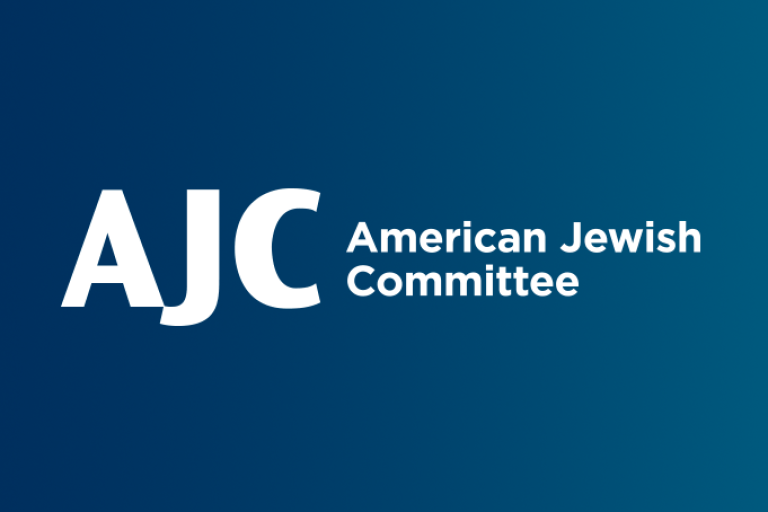January 6, 2021 — Washington, D.C.
January 6, 2021 — Washington, DC
This piece originally appeared in Washington Jewish Week.
The best political bumper sticker I ever saw evoked raw emotion. It was crystal clear, simple and touched a nerve.
It read: “NO!”
The sticker embodied the spirit of our times, when ideas must be easily digestible and appeal to our base instincts. That’s what made it so effective — and dangerous.
Often, we are tempted to live on a bumper sticker — boiling down our opinions to black and white, right or wrong, right or left.
At the start of 2021, the Jewish community, like our country, is divided and angry. Even the things that should unite our community — fighting antisemitism, standing up for Israel and pursuing human rights and democracy around the world — seem to be caught up in a maelstrom of division and acrimony.
This is not a new phenomenon. American Jews have been divided for decades. But this year, it seems much more severe as we look through the prism of the pandemic.
Our history has much to teach us about how we save our community from the pit of polarization.
The rabbis of the Talmud fought bitterly over matters of Jewish law. Most famously, Hillel and Shammai differed in almost all cases brought before them. Their halachic opinions had great significance in how Jews lived their lives. But the tradition teaches that the children of their disciples married one another; despite their differences, they figured out a way to work it out. Why? Because according to the Talmud (Eruvin 13b), when their disputes were adjudicated, a voice came from the heavens and declared “Eilu v’Eilu divrei Elokim Chayim” — both ideas are expressions of the will of God.
Despite the need to reach a final legal decision, rabbinic deliberations were based on mutual respect and a desire to bring people closer. This requires nuance, attention to subtle distinctions or variations. Effective Jewish decisions cannot be summarized on bumper stickers. We would do well to remember that as we engage in communal and public discourse.
As advocates for Jewish causes, we often try to win the “debate.” Many believe that if we just tell people our “truth,” provide the “facts,” and disprove their claims, we will persuade others to accept our point of view. They will walk away defeated but enlightened, chastened but thankful for the privilege of being educated.
While this might be true in college debate or in a courtroom, the court of public opinion requires a different approach.
Whereas debate is designed to have a winner and a loser, persuasion in the Jewish tradition requires diplomacy and civility. It requires an honest commitment to listening to people, respecting their concerns and bringing us closer through relationship building and ongoing connection. It rejects “othering” — devaluing someone so much that their humanity is diminished.
Beyond our internecine Jewish conflicts, our country could learn a few lessons from Hillel and Shammai, too.
With a new administration and Congress, nuance, civility and relationship building are needed more than ever. As we all know, our public discourse is dominated by the loudest and most polarizing voices. But our Jewish values teach us that it is often the “still, small voice” that represents the voice of God (1 Kings 19:11).
Can our community set an example? Despite our differences, can we work to bring one another closer and lift each other up?
The Talmud provides another cautionary tale that shows us what can happen when we drive one another apart. The story is told (Gittin 55b) of a wealthy man who sent an invitation to a party to his friend Kamtza. It was delivered accidentally to the man’s enemy named Bar Kamtza.
When Bar Kamtza arrived at the party, the host threw him out — despite Bar Kamtza’s offers to make peace and even pay for the party. Bar Kamtza then vows revenge against the host and all the party’s attendees, including some very prominent rabbis who didn’t intercede. Through an elaborate plot, Bar Kamtza arranged for the rabbis to insult Caesar, who then sent his army to destroy Jerusalem and the Temple.
Imagine if the story’s host had poured Bar Kamtza a drink and used the opportunity to make a connection.
To ensure a thriving, effective, Jewish community and a strong, resilient America, we must work to bring one another closer through paying close attention to nuance, civility and respect.
Building community is not a zero-sum game — unless you are looking to get a zero.
Alan Ronkin is the American Jewish Committee (AJC) Washington, D.C., regional director.


